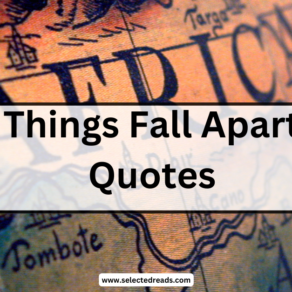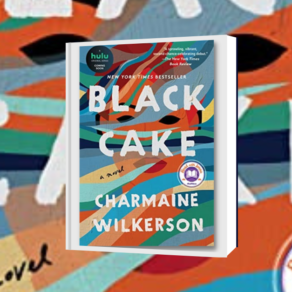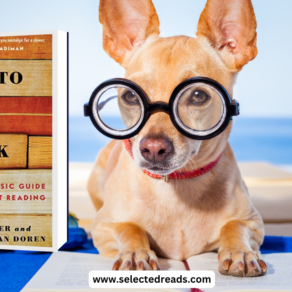“Things Fall Apart”, a novel by Chinua Achebe, stands as a cornerstone in African literature and is a part of Achebe’s critically acclaimed African Trilogy. My introduction to this literary masterpiece was during my first year at university. Since that initial encounter, I’ve returned to its pages multiple times, each reading offering a new lens through which to view the story and its themes.
The novel transports readers to the late 1800s and the world of Okonkwo, a wealthy and brave warrior in the Igbo village of Umuofia. The narrative deftly explores Okonkwo’s desperate struggle to uphold his cherished Igbo traditions in the face of burgeoning British political and religious influence, and his growing despair as he witnesses his community’s surrender to this powerful new order.
Beyond the story of Okonkwo, “Things Fall Apart” is a reflection on the cataclysmic clash of cultures as Europe began to establish its colonial presence in Africa. The unfolding events in Okonkwo’s life are symbolic of the wider societal transformation and upheaval taking place. The novel illuminates the profound changes that come with colonialism, not just the visible political and societal shifts, but the deeper, more insidious alterations in the values, beliefs, and traditions of the native people.
Having sold over 20 million copies and been translated into fifty-seven languages, “Things Fall Apart” serves as one of the most illuminating and enduring monuments to the African experience under colonialism. Achebe’s writing doesn’t just portray life in a pre-colonial African village, it articulates the profound tragedy of losing that world to the encroachment of foreign power.
Each reading of this classic broadens our understanding of the past and its potent influence on our contemporary realities, reminding us of the need to value and preserve cultural heritage and identity amidst the forces of change.
What are the main characters of Things Fall Apart?
In Chinua Achebe’s “Things Fall Apart”, the main characters are:
- Okonkwo: The novel’s protagonist, Okonkwo is a respected warrior in the Umuofia clan. He is known for his strength and valor but is equally known for his quick temper. The narrative revolves around his struggle to live up to his society’s ideals of manhood, his fear of failure, and his ultimate clash with the changing society.
- Nwoye: Okonkwo’s oldest son, who Okonkwo believes is weak and lazy. Nwoye struggles with the expectations of his father and ultimately converts to Christianity, creating a deeper rift between him and Okonkwo.
- Ekwefi: Okonkwo’s second wife, and the mother of his beloved daughter, Ezinma. She ran away from her first husband to live with Okonkwo.
- Ezinma: Okonkwo’s favorite child, and the only child of Ekwefi. Okonkwo wishes she were male, as he considers her to possess such qualities.
- Ikemefuna: A boy from another village who is given to Umuofia as a peace offering to avoid war. Okonkwo grows fond of Ikemefuna, who calls him “father” and is like an elder brother to Nwoye.
- Unoka: Okonkwo’s father, who was a talented musician and a gentle soul, characteristics that Okonkwo sees as weak and effeminate.
- Obierika: Okonkwo’s best friend, who often represents the voice of reason in the novel. He’s a more balanced and thoughtful character, contrasting with Okonkwo’s often rash and impulsive actions.
- Mr. Brown: The first white Christian missionary in Umuofia and Mbanta. He is understanding, respectful, and kind, striving to win people over peacefully.
- Reverend James Smith: The missionary who replaces Mr. Brown. He is strict, uncompromising, and lacks Mr. Brown’s understanding and respect for the clan’s cultural traditions.
- The District Commissioner: The ultimate symbol of colonial rule. He is condescending towards the people of Umuofia and fails to understand their culture and traditions.






